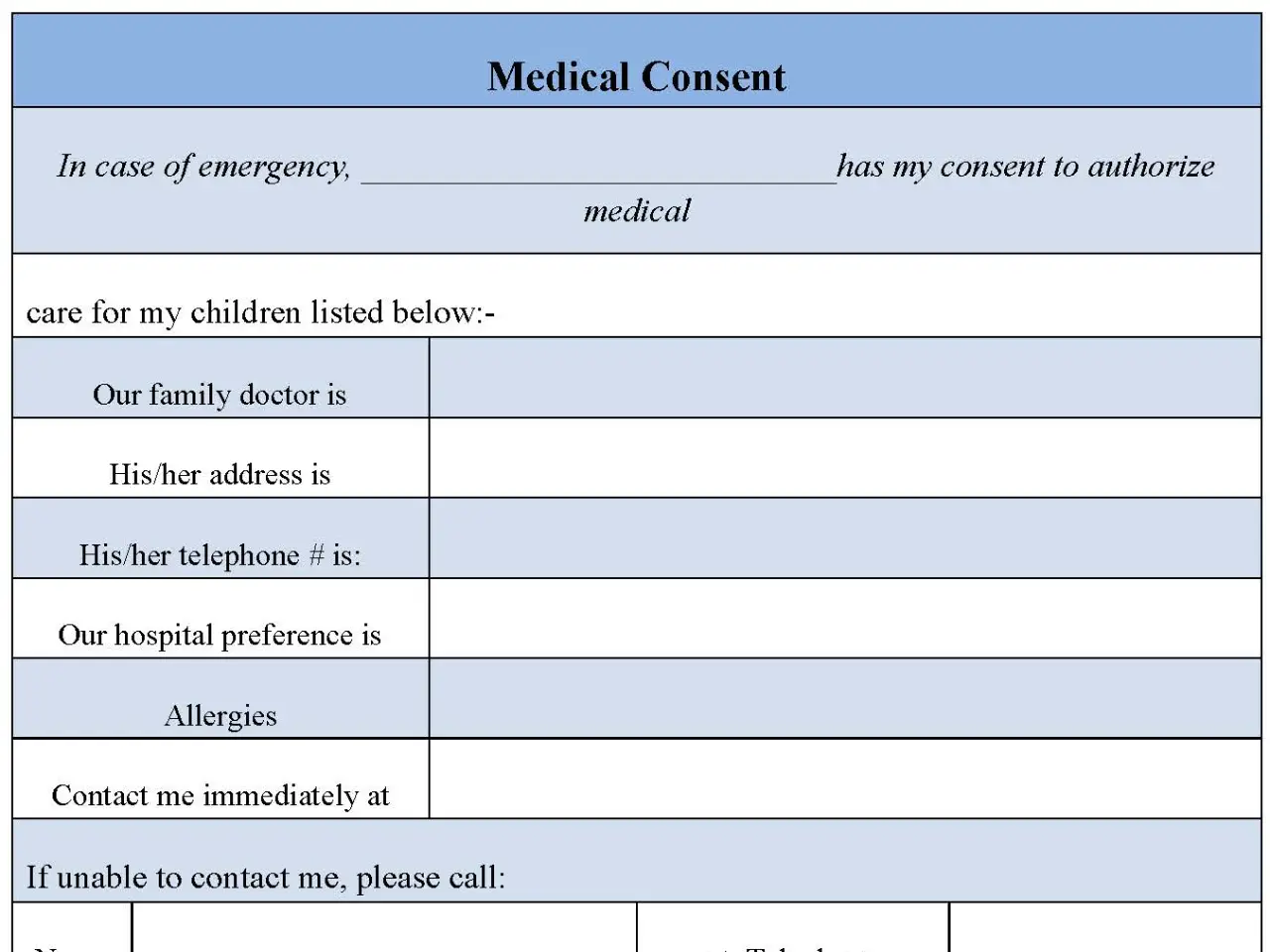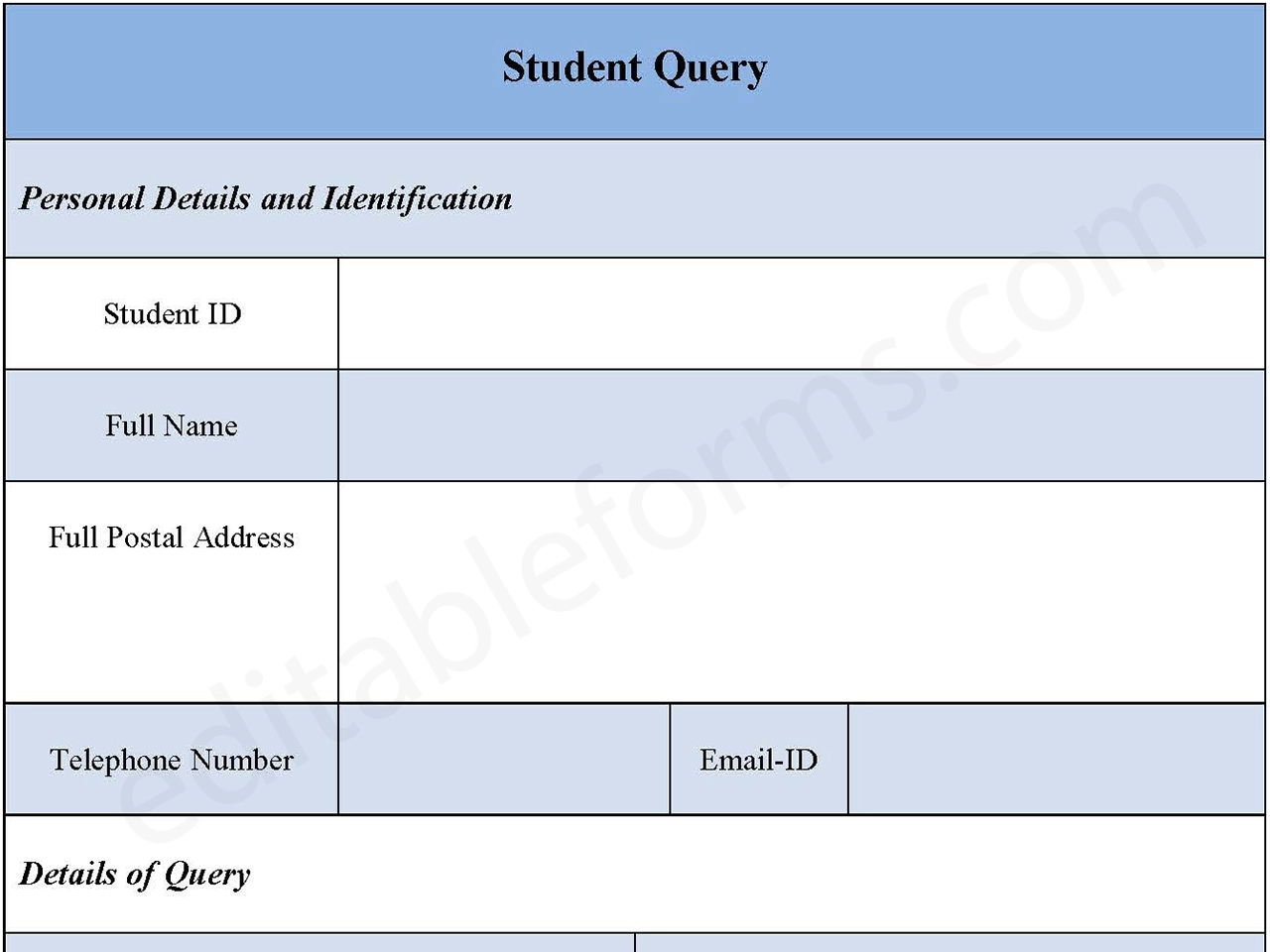A psychology consent form is a document which outlines the main procedure that will be conducted on a human participant, usually for the purposes of research. This ensures that the subject is willing to participate and has not been coerced into participation.

You can Download the Psychology Consent Form Template, customize it according to your needs, and Print it.Psychology Consent Form Template is either in MS Word or Editable PDF.
Download the Psychology Consent Form Template for only $6.54.
Buy Now: 6.54 USDIf you are having problems downloading a purchased form, don’t hesitate to contact us and include your receipt number and the exact name of the document you purchased, and I’ll email you a copy.
Features:
Client Information:
Captures essential details about the client, therapist, and date of consent.
Treatment Description:
Clearly outlines the type of therapy offered (e.g., cognitive-behavioral therapy, couples therapy) and its goals.
Confidentiality:
Explains the boundaries of confidentiality and limitations (e.g., reporting abuse, suicidal intent).
Risks and Benefits:
Discusses potential risks of therapy (e.g., emotional discomfort) and the anticipated benefits (e.g., improved coping skills, stress reduction).
Alternatives:
Informs the client about alternative treatment options they might consider.
Fees and Payment:
Details information on therapy fees, payment methods, and cancellation policies.
Signatures:
Includes designated spaces for the client and therapist to sign, acknowledging their understanding and agreement with the terms.
Benefits:
Informed Consent:
Ensures the client understands the nature of therapy, potential risks and benefits, and has the opportunity to ask questions before committing.
Clear Expectations:
Sets clear expectations for both the client and therapist regarding the therapeutic relationship and treatment process.
Protection:
Provides legal protection for both the therapist and client by documenting informed consent.
Trust and Openness:
Fosters trust and openness in the therapeutic relationship by promoting clear communication.
Ethical Practice:
Supports ethical practice by adhering to professional guidelines and legal requirements.









